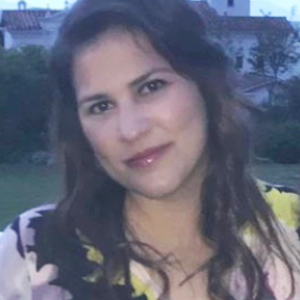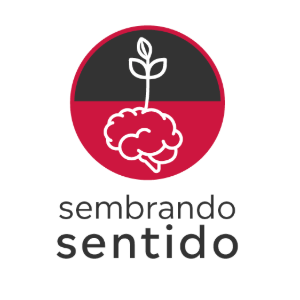How do you get feedback in an environment where most people are disillusioned with the system and skeptical of the impact that participation can bring?
While some in the development field work to define how to best facilitate and utilize feedback, for a very long time I struggled with how to get feedback in the first place.
I have to say, I am lucky to have been placed in “lower risks environments” to figure some of this riddle out. Much like the 3TTs on “Behaviour Change in the World of Feedback” described, I had to create strategies that would put in place the capacity, motivation and opportunity conditions for citizens to want to provide feedback. Now, moving back to Puerto Rico and starting an advocacy initiative, I have come to realize how critical these learnings are for promoting inclusion and equity, and helping us develop efforts that create the impact our communities want to see.
And so, I share three of the key strategies that help me and my partners establish the conditions for feedback:
- Create safe environments: As a true introvert, and representing between one-third to half of our global population, I very often avoided giving my opinion in public. While some may like the exposure and never fear speaking their truth, others fear the scenario of expressing an idea or opinion that could be perceived as illogical or inaccurate. As a result, unless we (the introverts) have an in depth understanding of the issue in discussion, we will avoid expressing out loud what we really think or feel. It is then, when developing relationships and providing small groups spaces for feedback helps. Back when I was in consulting it meant getting to know my clients and their teams and having one-on-one meetings, to make the other person(s) more comfortable and open to sharing her/his thoughts. Now, as we work to launch an NGO, it means, providing digital spaces for our readers to express their opinions and interest privately, and having one-on-ones with NGOs and people at large, to allow for information sharing while being mindful of avoiding reactions that could be perceived as judgmental. We are also looking to set in place feedback loops that allow for reflection time and private sharing.
- Show you really care: Back in consulting, it was common to be placed in projects with cynical and unmotivated client teams, and no amount of promises or inspirational conversations made much difference. What changed the scene was demonstrating that we really meant to make change happen. Actions built trust, which motivated folks to become part of the process. Folks would then have more interest in sharing, because they knew we cared. At present, “showing you care” has proven to be even more relevant, as many “hear” but don’t “see” actions to move the needle on transparency and accountability. Hence, demonstrating our value add, and working to develop proof of concept has become critical for earning credibility and trust from our stakeholders in PR.
- Go to them: unless you care about something deeply, you’re are unlikely to engage if it is time consuming and/or costly. Hence, we try to make it as easy as possible for feedback providers, by i) communicating the importance of the issue in discussion and the impact it can have to those who we seek feedback from, ii) identifying feedback methods that don’t require much time (accommodating to their day/routine); iii) making it cheap/free.
As my team and I move forward to building the blocks of our new organization, we find ourselves using these tools to create the conditions for our different stakeholders to want to share their thoughts, fears and hopes, and use this to inform and help build a more impactful change.


In 2019, Issel Masses moved to Puerto Rico to form part of the efforts that seek to promote transparency of local government practices. To that end, Issel co-created the transparency and accountability blog/podcast “Más Claro No Canta Un Gallo” and plans to launch Sembrando Sentido later this year, a non-profit that aims to share knowledge, inspiration, and tools that empower civil society to participate in, and advocate for more transparent, accountable, efficient and integrate government practices in Puerto Rico (PR).
Issel has over 10 years of experience working in development at the subnational, national and international levels, focusing on capacity building, research and strategy development, resilience, social mobility, human rights, political economy, and governance, in countries such as Puerto Rico, United States, Chile, Peru, Uruguay, Egypt, Ghana, DRC, Senegal, India and Botswana. At present, Issel is a Senior Consultant at the World Bank. Issel is an originally from San Juan and has a B.A. in International Development from American University and a Master of Public Policy from Duke University.







